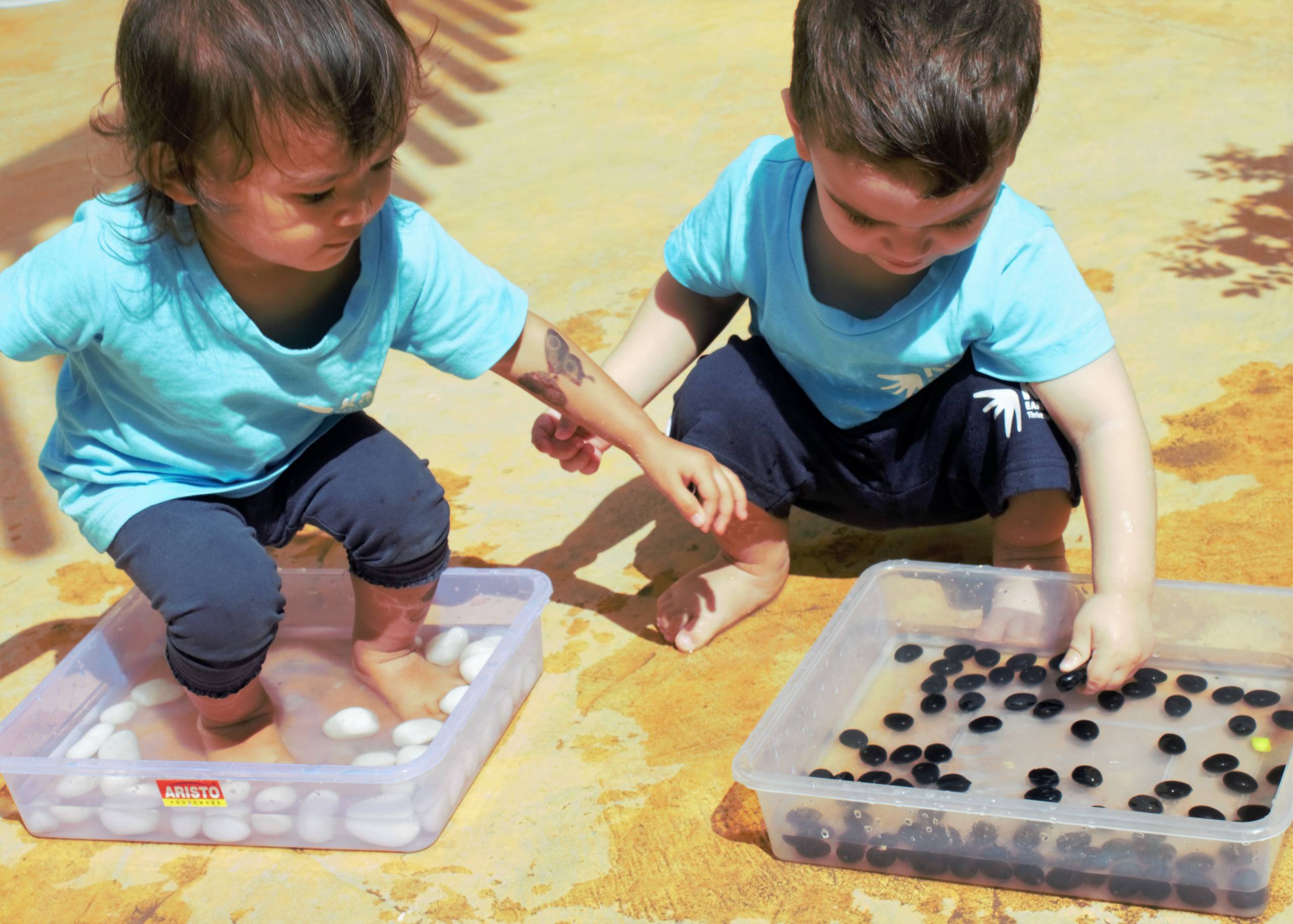Sensitive periods
Parents are always surprised by the amount of times a child can repeat an activity or a song or an action and one always question about why children are repetitive in some things at certain stages.
Research has shown that children pass through certain phases throughout their development- it is during this phase that they show a sensitivity and to learning specific skills- These phases are called ‘Sensitive Periods’- These periods of sensitivity are transitory and when the aim of the period is accomplished the special sensitivity simply falls away. In other words, it reaches its peak and fades away.
It is during these periods that children appear to repeat actions over and over again till they master it. Children seem to enjoy this repetition while building on new skills.
In her teachings, Dr Montessori observed that the sensitive periods were not linear. They do not follow each other. Some run parallel and some overlap; There are different skills that the children build on during the ‘Sensitive Periods’- some of them are as follows-
Sensitivity to Order: This appears within the first year and continues through to the second year. During this time, the child is working hard to sort out and categorize all his experiences. It makes it easier for them if there is some kind of order in their lives. To support the sensitive period for order, it is important to establish ground rules, a solid routine, and create an organized environment where everything has a place.
Sensitivity for Language: The sensitive period for language begins at birth and goes the whole way till the child is about 6 years. To support language development at home, Dr Maria Montessori believed it is important to immerse your child in an environment that is rich in language stimulation.
Sensitivity to Walking: When the young child learns to steer at around 12 to 15 months, he wishes to perfect the skill, and can walk and walk without feeling tired. To support the event of fine and gross motor skills, it’s important to support your child with regular visits to the park or an outside environment.
Sensitivity to the Social Aspects of Life: At the age of about two and a half years to three years, the child becomes aware that he is part of a group. He begins to point out an intense interest in other children of his own age. To support the development of social skills in your child, it is important to provide your child with opportunities to socialize with children their own age.
Sensitivity to Small Objects: When a child reaches its first year and becomes more mobile and has a larger environment during which to explore, he’s drawn to small objects like insects, pebbles, stones and grass. He will pick something up, check out it closely and maybe put it in his mouth.
Dr Maria Montessori recommended that a baby be kept close to his caregivers so that he can see everything and hear what is going on around him. Then as soon as he can move around, he needs the freedom in order that he can explore. Throughout this period, you may find that a child will repeat these actions for long periods of time on a daily basis.
Recognizing and supporting sensitive periods in your child’s development begins with knowledge of what is typical at different ages. The other aspect is just observing your child and allowing them to progress at their own pace. To support your child during this special time of learning, it’s important to supply them with a supportive learning environment that gives stimulus appropriate to their stage of development. This includes ensuring adequate time and materials are available, and by respecting the individual interests and passions of your child. It is through observation that the requirements of the kid are revealed.
Reference: – https://www.iammontessori.com.au/ https://www.pbcexpo.com.au/

